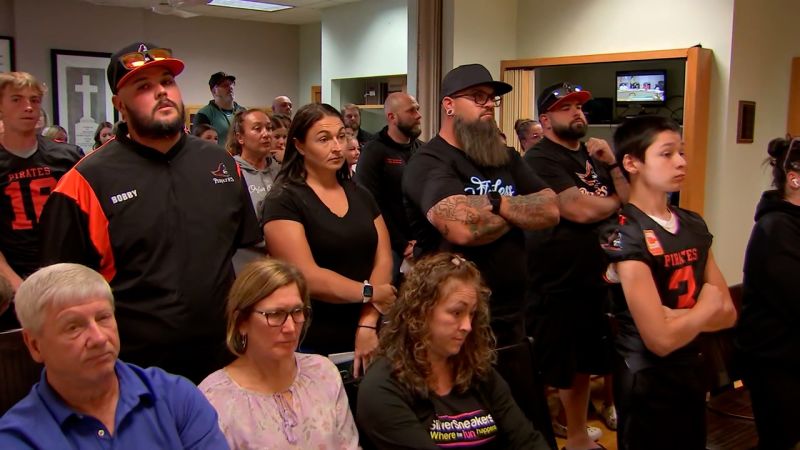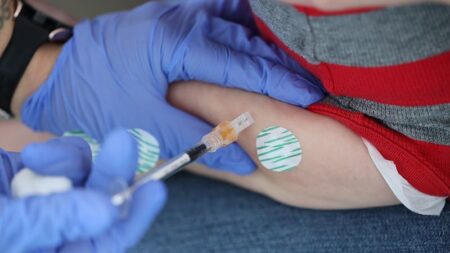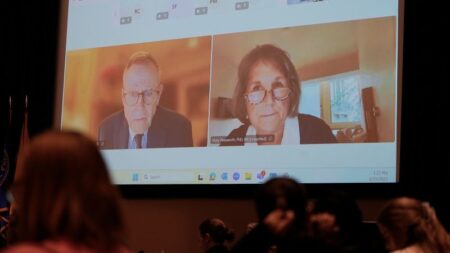A voluntary dusk-to-dawn curfew has sparked controversy in the town of Oxford, Massachusetts, as officials aim to protect residents from eastern equine encephalitis, or EEE. While similar measures have been implemented in past outbreaks, including 2019, this year’s proposal has faced pushback from some members of the community.
In response to the recent cases of EEE in the area, which have resulted in significant risk levels, the town of Oxford, along with three other nearby towns, have been classified as being at critical risk for the virus. This classification has prompted town officials to urge residents to avoid outdoor activities near sunset to reduce their risk of exposure to infected mosquitoes.
Despite the potential risks associated with EEE, some residents, including parents and coaches, have raised concerns about the impact of such restrictions on daily life. A petition on Change.org to protest the proposal has garnered over 880 signatures, with some arguing against what they see as government overreach in the name of safety.
Public health officials, however, stress that the curfew is voluntary and aim to raise public awareness about the risks of EEE and the importance of taking precautions to prevent mosquito bites. Schools in Oxford have adjusted their schedules to accommodate the recommendations, ensuring that outdoor activities are either rescheduled or moved indoors when possible.
While some community members like Philip Davis, president of Oxford’s Little League, are working to make the recommendations more flexible, others are following the town’s guidance to ensure public safety. As dusk approaches on Tuesday night, residents will have to weigh the risks and benefits of outdoor activities in light of the ongoing threat of EEE.










